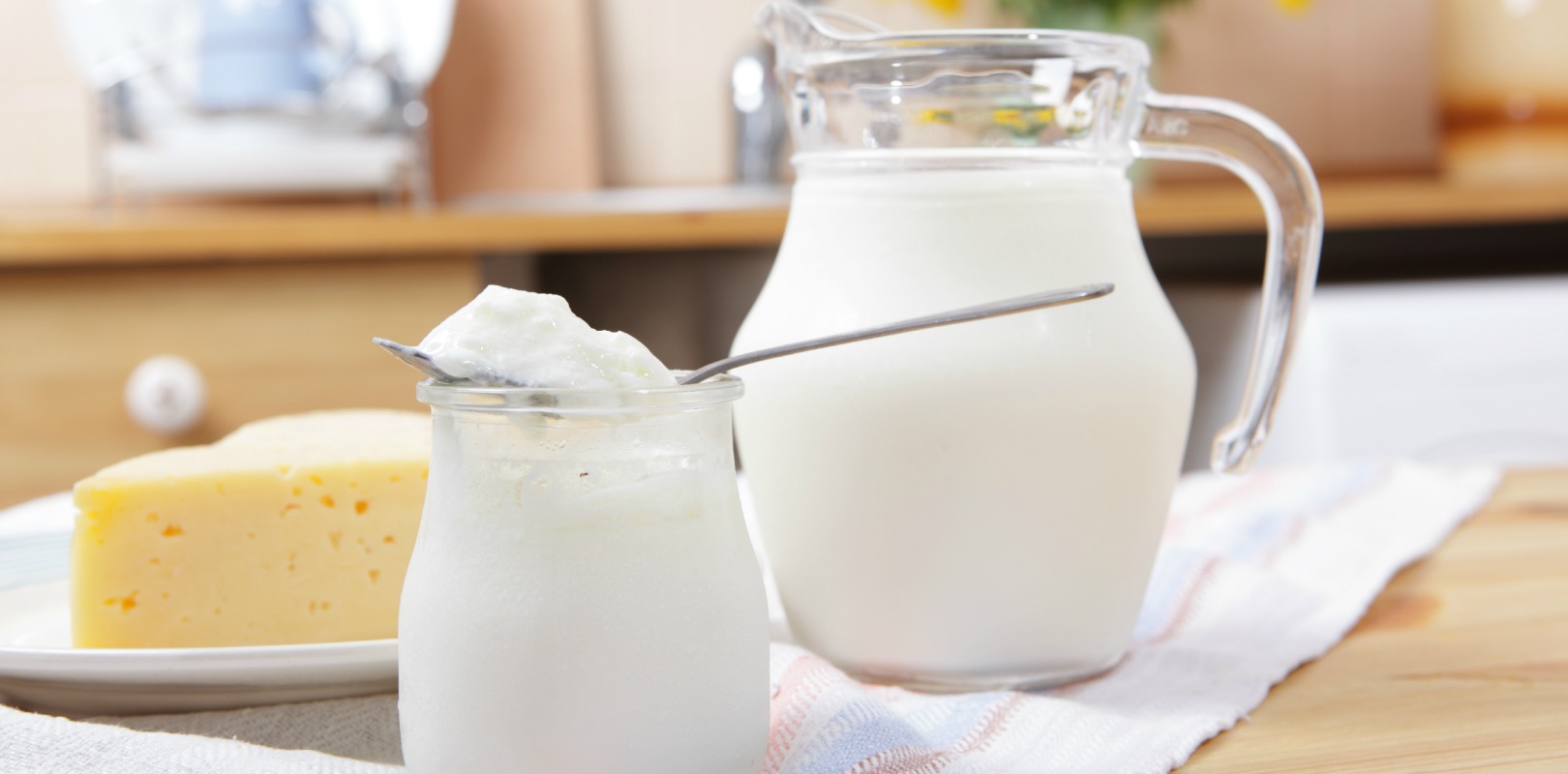Rebalancing the consumption of milk-based products by favoring the daily intake of less energy-dense foods, such as yogurt, will help consumers to reach nutritional adequacy.
According to French researchers, dairy consumption among the French population should be increased to meet nutritional recommendations. Compared to the observed diets, the modeling process increased the weights of three food groups: fruit and vegetables (+62%), starches and grains (+37%), and dairy products (+19%) in order to reach the nutritional recommendations. On the other hand, the weights of all other food groups were reduced: mixed dishes and snacks (−58%); meat, fish, poultry, and eggs (−12%); added fats (−31%); and sweets and savory products (−15%).
Increased yogurt consumption
They also estimated the number of servings of the different milk-based products to fit into nutritionally adequate diets. The data of the French Enquête Individuelle & Nationale sur les Consommations Alimentaires (n=1,171) in 1999 were used to model an isocaloric nutritionally adequate diet, that met a set of many nutrient constraints, based on nutrient recommendations.
According to the calculations in the optimization process, the consumption of yogurt (+60%) and milk (+17%) should be increased and decreased for cheese (-48%) without changing the weekly portion of milk desserts. In the observed diets, cheese represented one out of two consumed portions of milk-based products, while in the modeled diets, cheeses, milk, and yogurts represented each one portion per day. The authors concluded that an increased consumption of milk-based products would be beneficial to support nutritional adequacy, by rebalancing the intake in favor of yogurt, which is less energy-dense.



